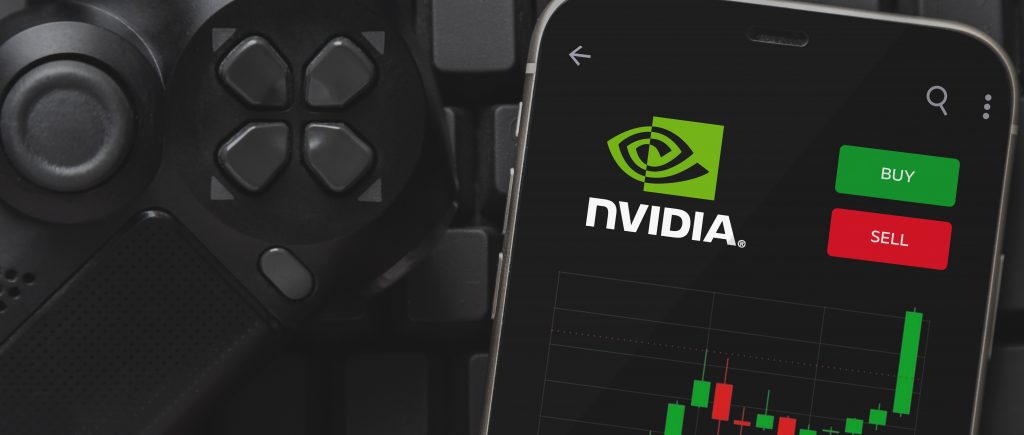NVIDIA’s stock dipped 2.3% on Thursday, just hours after the company announced record-breaking sales for its second quarter of 2025. Despite reporting adjusted earnings of $1.08 per share and revenues of $46.74 billion—surpassing Wall Street’s expectations of $1.01 per share and $46.05 billion—the market’s reaction suggests growing unease. Investors are grappling with fears of an AI bubble and the ripple effects of President Trump’s escalating trade war, which pushed NVIDIA’s stock downward and sparked broader concerns about the sustainability of the AI-driven tech boom.
The Q2 earnings report was a litmus test for investor sentiment toward AI stocks, especially after a wave of sell-offs hit tech companies last week. NVIDIA, a titan in the AI chip market, has seen its market value soar to unprecedented heights, briefly making it the world’s most valuable company. Yet, the stellar results—while exceeding forecasts—fell short of sky-high investor expectations. Notably, NVIDIA’s data center revenue, a key driver of its growth, reached $41.1 billion, slightly missing Wall Street’s $41.3 billion target. This shortfall, combined with broader market jitters about overvalued AI firms, contributed to the stock’s decline.
Adding to the uncertainty is NVIDIA’s exposure to U.S.-China trade tensions. Earlier this year, Trump’s ban on exporting AI chips to China cost NVIDIA $4.5 billion in Q1 revenue. In August, the company agreed to allocate 15% of its H20 chip sales to the U.S. government for export licenses, a move complicated by China’s security concerns and push for domestic chip alternatives. NVIDIA noted it excluded H20 chip shipments to China from its forecasts but highlighted potential sales of $2 to $5 billion if geopolitical tensions ease. CEO Jensen Huang emphasized the importance of the Chinese market, which he called the “second-largest computing market in the world” and home to “about 50% of global AI researchers.” He also hinted at opportunities to sell a version of NVIDIA’s cutting-edge Blackwell chip in China, pending approvals.
Despite the market’s lukewarm response, NVIDIA remains a cornerstone of the AI revolution. The company projects $54 billion in Q3 revenue, aligning with Wall Street’s expectations, and its board approved a $60 billion stock buyback program, building on the $24.3 billion returned to shareholders in the first half of 2025. Huang touted the “exceptional” demand for the Blackwell chip, calling it “the platform at the heart” of the AI race. Major tech players like Meta, Microsoft, Amazon, and Alphabet continue to pour billions into AI infrastructure, fueling optimism among some analysts about NVIDIA’s long-term prospects.
Still, the specter of an AI bubble looms large. Investors are questioning whether the explosive growth of AI companies can persist, especially as trade wars and geopolitical risks threaten global supply chains. NVIDIA’s ability to navigate these challenges while capitalizing on the AI boom will be critical. For now, its record sales and ambitious outlook signal strength, but the market’s hesitation suggests caution. Is NVIDIA riding the crest of an AI wave, or is it teetering on the edge of a bubble? Investors will need to weigh the risks and rewards carefully as the AI race heats up.

 Noor Trends News, Technical Analysis, Educational Tools and Recommendations
Noor Trends News, Technical Analysis, Educational Tools and Recommendations




